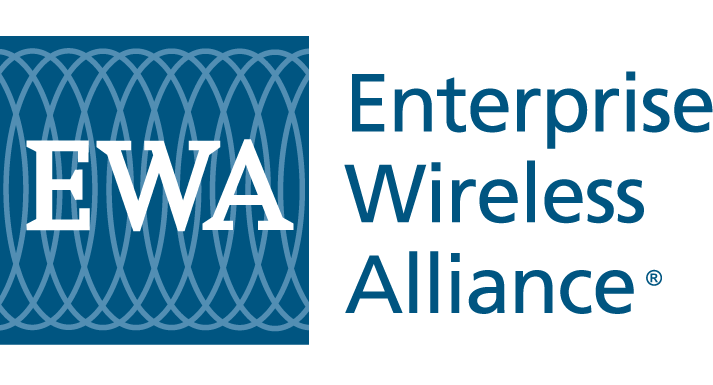For Whom?
“This action will serve to stabilize the spectral environment while the Commission considers issues surrounding future use of the T-Band.” This was the statement in the FCC’s announcement that it was imposing a limited suspension of the acceptance and processing of certain applications for Part 22 and 90 systems operating in the 470-512 MHz band. In fact, the FCC used the term stabilize the spectral landscape or stabilize the spectral environment no fewer than four times in its Public Notice. My question is for whom? Because this action did anything but stabilize the spectral environment for incumbent licensees, those specifically mentioned in the Middle Class Tax Relief and Job Creation Act of 2012 (“the Act”) as being required to vacate this band and those that weren’t mentioned in the Act at all, namely industrial, business and commercial licensees. Talk about getting blindsided! This freeze has created market confusion, competitive disparities, and will stunt equipment development programs, sales and marketing initiatives, and potentially critical wireless system investments that were planned to serve the public welfare. This freeze doesn’t stabilize a thing for the operators in the 470-512 MHz band and those who rely on their systems.
For the record, I understand that the recently enacted legislation that mandates the reallocation of the 470-512 MHz (T-Band) spectrum from public safety to future auction winners nine years from now caught a lot of people off guard, and that the FCC is now engaged in the admittedly difficult process of trying to figure out what the legislative authors meant to accomplish by throwing T-Band licensees under the proverbial bus. I suspect, or at least hope, that whoever was responsible for this provision in the Act didn’t think through the near-term or long-term ramifications of the language they inserted. Million dollar communication investments, public safety interests, businesses, employees, local economies, and the competitive landscape have been affected by the reallocation of the T-Band. And for what purpose? To balance the economics of providing 10 MHz of spectrum along with $7 billion of funding to public safety. To accommodate broadcasters in their own spectrum allocation? To make it appear that the Federal budget somehow is now in balance? Maybe to feel better that they made public safety give something back? I sincerely doubt that requiring public safety, business, industrial, and commercial entities to vacate their T-Band frequencies with no promise of comparable spectrum or adequate compensation, and auctioning this spectrum a decade from now balances anything at the end of the day. The FCC must attempt to interpret and implement this wild card provision in the Act. Hopefully there will be productive conversations among the authors and the implementers to ensure stability and fairness in the future.
